Key findings of the report
This report sets out the changes needed to the skills system to deliver the engineer of the future. It is based off of 18 months of work and draws on wide stakeholder engagement across the whole of the UK, policy analysis and evidence gathering.
This report is grounded in evidence from ideation workshops, national and regional roundtables, literature reviews, policy research and analysis.
It comprises an analysis of the current state of engineering skills, the needs of the future education system and makes recommendations for the actions needed to deliver the future skills system to meet national need.
The report outlines 10 recommendations for employers, the UK government, education providers and institutions to upgrade the UK's skills provision and produce engineers and technicians capable of taking on our most pressing challenges.
Why do we need to change engineering education?
Engineering skills are in high demand. Engineers of the future will need advanced digital and data, sustainability and decarbonisation skills. We cannot meet our ambitions for a more sustainable, resilient, secure and prosperous country without equipping our workforce with the right skills, at the right time, and in the right places.
Some sectors which are increasing the demand for engineering skills are:
- Digital technologies, including software development, artificial intelligence, and cybersecurity, are among the fastest-growing areas.
- The UK’s commitment to achieving net zero by 2050 has also accelerated demand for engineers and technicians in renewable energy, energy efficiency, and sustainable infrastructure.
- Civil and structural engineers and technicians are essential to delivering major infrastructure projects, while advanced manufacturing continues to evolve through robotics, automation, and materials science.
- Biomedical engineering and health technology are also expanding, reflecting the increasing convergence of engineering and life sciences, while materials and mining engineering skills will maintain their importance even as we transition to the circular economy.
With engineering roles projected to grow faster than most other sectors, and demand increasingly shaped by regional, technological, and societal shifts, the need for a resilient and responsive skills pipeline has never been greater. Meeting this demand requires a clear understanding of how individuals enter and progress through engineering education and training.
Recommendations to improve engineering skills provision
The report makes 10 recommendations for how the engineering education pathways in the UK can be reinforced to support future engineering skills demands. These recommendations are split across three qualities: future focused, a systems approach and accessible to all, at every point.
- Implement Engineers 2030 Vision and Principles into curricula.
- The Academy’s Skills Centre and Professional Engineering Institutions, should initiate and facilitate the adoption of modernised curricula and teaching methods.
- The Engineering Council should also review recognition process and the application of the AHEP (accreditation of higher education programmes).
- Government should develop a long-term plan for engineering skills.
- Establish a cross-sector mechanism to track, forecast and map skills supply and demand.
- Align industrial and education policy.
- Reduce barriers to workplace learning.
- Simplify apprenticeship standards.
- Use the Growth and Skills Levy to fund modular and stackable training for engineers and technicians.
- Employers, educators, and institutions must accelerate diversity and inclusion across engineering.

What is the current engineering education system in the UK?
Over 12.7 million people are employed in science, technology, engineering and mathematics (STEM) roles in the UK. Within STEM, engineering is a foundational pillar supporting the UK economy, with over 6.4 million people employed in engineering-related roles, nearly one-fifth of the total UK workforce. The pathways into engineering are diverse but not always coherent or accessible. Engineers in the UK are shaped by a complex and evolving system of education, training, and professional development.
Schools
Initial engineering engagement begins with STEM subject choices at school. Students can begin to express preference and build their foundational learning within GCSEs, A levels and Scottish Highers. Although there have been significant efforts across the engineering community to develop teaching resources to help introduce STEM learning and experiences into the classroom, there are concerns that not enough young people are enrolling onto STEM courses. In addition, gender splits remain in STEM enrolments within school which has implications on the composition of our future engineering and technician workforce.
Further education
Further education (FE) is delivered to post-16 age groups through FE colleges, apprenticeships or work based learning. This is plays a critical role in the development of technicians and upskilling the existing technician workforce. However, there is currently a lack of funding and employer engagement which makes delivering courses difficult. The large range of different qualifications is also confusing to students, providers, parents and employers. Recent reforms such as the T levels and V levels are entering a crowded FE qualification landscape and whilst their core purpose is sound, they risk poor uptake. For adults looking to re-enter or retrain the engineering workforce this confusion is a big barrier to their engineering careers.
Apprenticeships and technical education
Apprenticeships and technical education are essential to the UK’s engineering skills supply system. EngineeringUK data shows that 20% of those in engineering roles have completed an apprenticeship, compared to just 6.4% across the general workforce. Yet uptake remains uneven across regions and demographics, and many employers find the system difficult to navigate. There has also been a drop in lower-level apprenticeships (Level 2+3, Intermediate), which are key to craft and technician roles.
Higher education
UK universities continue to enjoy a strong international reputation for engineering education. In 2023–24 there were over 120,000 students both UK and international, starting their first degree in engineering and technology and computing. However, there is misalignment between the education output and the labour market demand. There is also the challenge of finding placement and industry experience during the courses. At present, there are financial pressures affecting universities which could threaten resource-intensive programmes like engineering.
What happens next?
The Engineers 2030 project and this final report sets out a bold and necessary vision for the future of engineering and the engineering workforce in the UK.
The recommendations presented are practical and achievable. They are designed to catalyse change, not prescribe every detail. Delivering them will require coordinated action across government, industry, education providers, and the engineering profession itself. The establishment of the Royal Academy of Engineering’s Skills Centre provides a vital platform to support this transformation, working in partnership with these stakeholders to make it happen.
Engineers 2030 is not the end of a conversation, it is the beginning of change and ensures we can build a skilled profession fit for the future.

Image credit: Rolls-Royce
Contact us
For further information about this project or to get involved with future work please contact the Engineers team 2030: [email protected]
Acknowledgements
The Engineers 2030 project has been carried out under the NEPC and guidance of a working group made up of the following experts.
Working group
- Professor Sir Bashir M. Al‑Hashimi CBE FREng FRS (Chair), Vice President (Research & Innovation) at King’s College London; Co‑Director of the King’s Institute for Artificial Intelligence
- Andrew Churchill OBE FREng, Executive Chairman of JJ Churchill Ltd; Chairman of the ERA Foundation. Past Chair Engineers 2030 Working Group Phase 1
- Alice Delahunty FREng, President, UK Electricity Transmission at National Grid
- Beatrice Barleon, Head of Public Affairs & Policy at EngineeringUK
- Julian Perkins, Lead Mechanical Design Engineer & Engineering Graduate Manager, Ground Transportation Systems UK Ltd
- Mark Enzer OBE FREng, Strategic Advisor (formerly Chief Technical Officer) at Mott MacDonald; Visiting Professor in Digitalisation of the Built Environment at University of Cambridge and Imperial College London
- Phil Smith CBE FREng, Chair of Skills England; previously Chair of Innovate UK
- Professor Dawn Bonfield MBE FREng, Professor of Practice in Engineering for Sustainable Development at King’s College London; President of the Commonwealth Engineers’ Council; Visiting Professor of Inclusive Engineering at Aston University
- Professor Elena Rodríguez Falcón FREng, Provost & Chief Academic Officer at Study Group; previously Deputy Vice‑Chancellor at University of Wales Trinity Saint David
- Professor Erkko Autio FBA, Chair in Technology Venturing & Entrepreneurship at Imperial College London Business School; Research Director, Global Entrepreneurship & Development Institute
- Professor Helen James OBE Eurlng CEng FIMechE, Board Chair and higher‑education leader; former Deputy Vice‑Chancellor at Canterbury Christ Church University
- Professor Jarka Glassey FREng, Professor of Chemical Engineering Education at Newcastle University; Executive Vice‑President (incoming President Jan 2026) of the European Federation of Chemical Engineers (EFCE)
- Professor John Clarkson CBE FREng, Professor of Engineering Design at University of Cambridge; Professor of Healthcare Systems at TU Delft; Director of Cambridge Engineering Design Centre
- Professor Nick Tyler CBE FREng, Chadwick Professor of Civil Engineering at University College London (UCL)
- Rachel Skinner CBE FREng, Executive Director, Responsible Business (ESG) & Government Relations, at WSP (UK); formerly Executive Director & UK Head of Transport at WSP
- Tim Ibell FREng, Dean of the Faculty of Engineering and Design, University of Bath
Academy Staff
- Nick Starkey, Director, Policy and International
- Dr Rhys Morgan, Director, Education and Skills
- Dr Dean Thompson, Head, Education and Skills policy
- Katie Ingrey, Senior Policy Advisor, Education and Skills policy
- Sam Nicholas, Policy Advisor, Education and Skills policy
- Mirnali Koneswaran, Policy Officer, Education and Skills policy
Related policy work
Engineers 2030
A policy project, led by the Academy on behalf the National Engineering Policy Centre to rethink engineering and techno…
It’s time to rethink engineers’ role in the world
The Engineers 2030 project sets out a new vision and principles for the engineers of the future, writes Royal Academy o…
